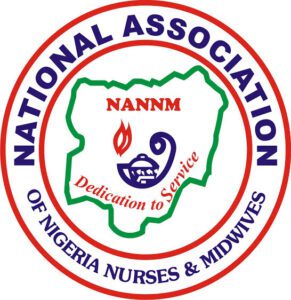


NMA warns against seeking medical treatment from quacks
The Nigerian Medical Association (NMA) has warned patients against seeking medical treatment outside health facilities, saying it could worsen morbidity of patients.
Dr Benjamin Olowojebutu, Chairman, NMA Lagos, gave the warning in an interview with the News Agency of Nigeria (NAN) on Thursday in Lagos.
Olowojebutu expressed concerns over reports of patients seeking medical treatment from chemists and “quack nurses” to save costs.
He acknowledged that the economic situation of the country had led to increased cost of medicines and hardship for citizens, causing many to adopt cost-cutting measures.
Olowojebutu stressed that health safety shouldn’t be jeopardised over economic concerns, noting that such practices had led to health complications and death.
He said for a physician to make a diagnosis, multiple steps are followed including taking a medical history, performing a physical examination, obtaining diagnostic tests and then examining the data to arrive at best explanation for the illness.
“These steps are not followed by the chemists and nurses who just administer injections or intravenous infusions in their stores or homes irrespective of the symptoms exhibited by the individual.
“Lapses in quality of care can jeopardise health and treatment outcomes of patients,” the NMA boss said.
He advised citizens to embrace health insurance, noting that it facilitated access to care, better health outcomes and improved productivity.



